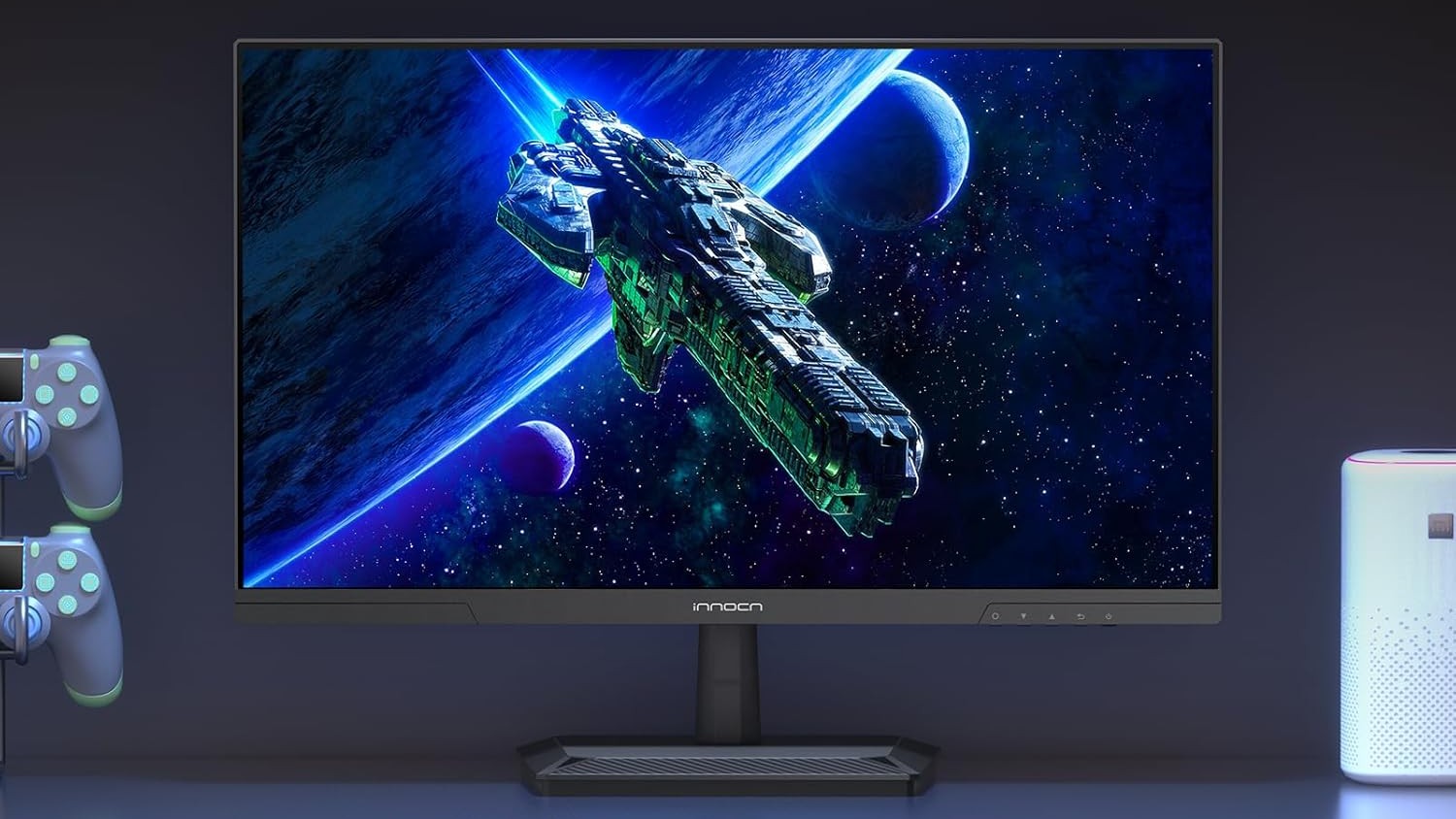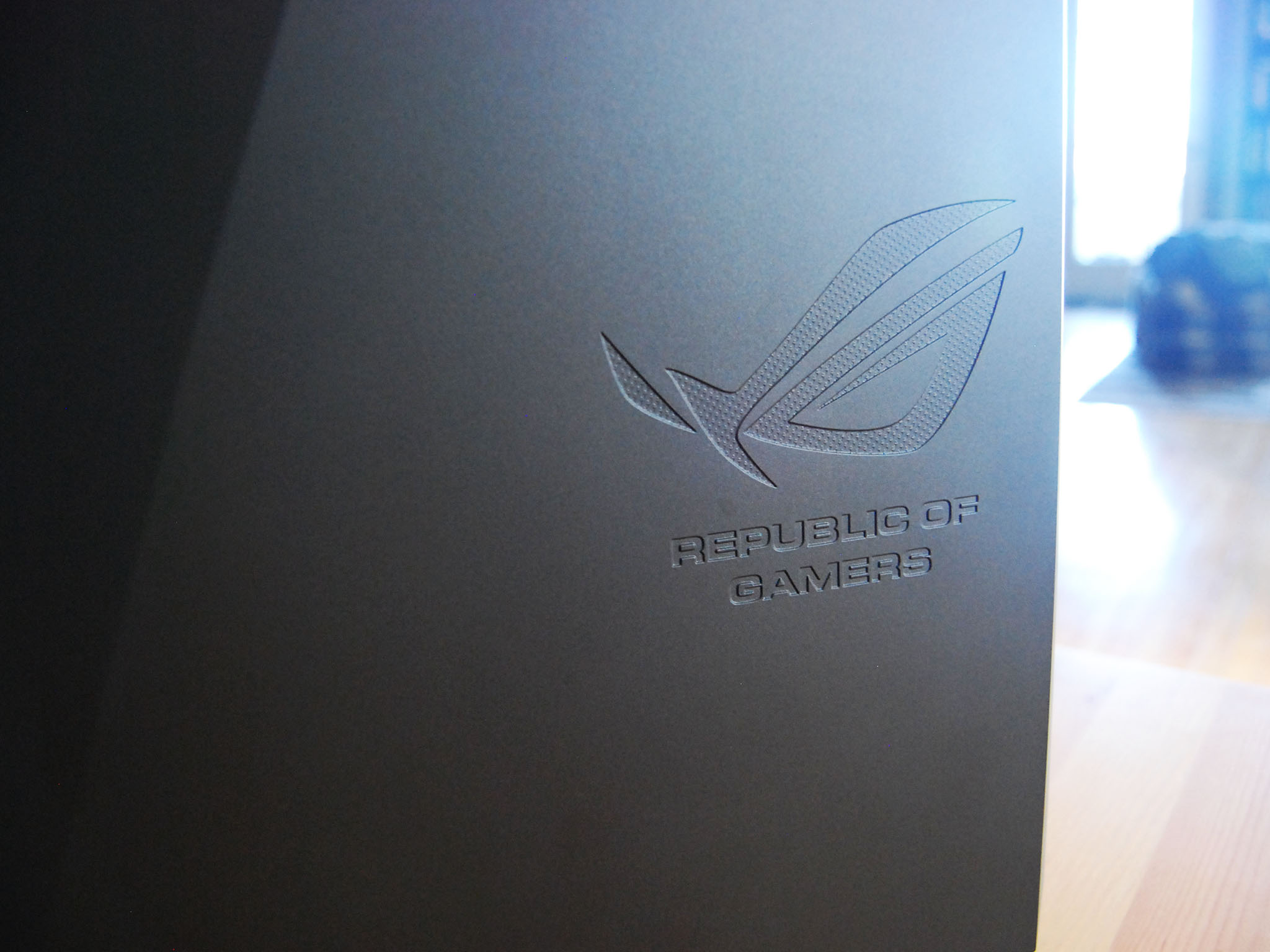
There's an ongoing debate between those who build their own PCs and those who buy them pre-built. There's really nothing wrong with either option — both methods can and do deliver a satisfactory product — but they are not exactly the same. I've had plenty of time with custom and pre-built PCs, and I'm ready to offer some insight into both sides of the argument.
Benefits of buying a pre-built desktop PC
To clarify, I'm not talking about all-in-one (AiO) PCs here; I'm strictly sticking to towers and the hardware inside, which requires a separate display plugged in. If you are interested in AiO PCs, check out these links.
Pre-built PCs can be easy and cheap to buy
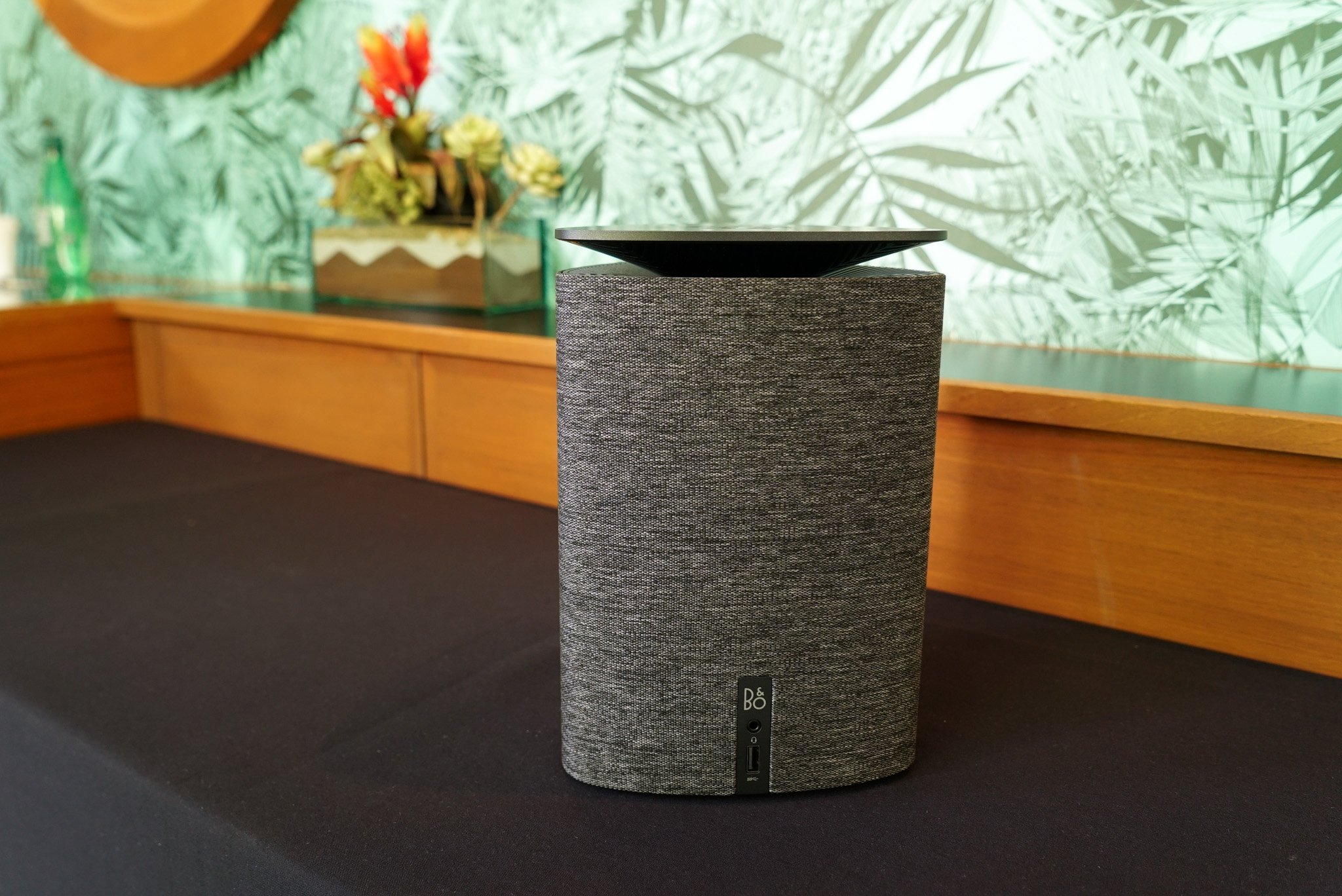
Most major laptop manufacturers — ASUS, Dell, HP, Lenovo, etc. — also have a focus on pre-built desktop PCs for those who don't have time to shop around for parts or those who just don't need to be hitting any benchmarks. Many people just need a budget desktop PC that can browse the internet or handle word processing, and many need it now.
Instead of waiting for sales on parts or for everything to finally arrive from different vendors, you can grab a pre-built budget PC from one place and promptly have it working for you. These budget PCs usually come in a few configurations and price points, making it somewhat possible to get close to what you want.
See the best pre-built desktop PCs
Pre-built PCs come with a warranty

Most pre-built desktop PCs you buy new will come with a warranty, which means in the case of a faulty piece of hardware inside you can ship the entire thing away and not have to worry about diagnosing the problem yourself. This provides a bit of peace-of-mind for those who have no interest in tinkering with their PC, but there is a downside.
If you indeed do have to send your PC away for repair, you're without that PC for the duration. If you depend on that machine to get your work done, what might only have been a thirty-minute fix can turn into a week away being repaired. If you are inclined to attempt a fix yourself, you might not even be able to get inside the case lest you void the warranty.
Get the Windows Central Newsletter
All the latest news, reviews, and guides for Windows and Xbox diehards.
Pre-built PCs come with technical support
There are thousands of legitimate online resources when it comes to getting help with your PC — including our own Windows Central forum — but dedicated technical support from a manufacturer can be the difference between a false diagnosis and getting back to work.
Sure, if there's a problem with hardware you'll likely be without a PC for a while as it's being repaired, but pretty much any other problems you have can be solved with the help of a support staff member, often in only a matter of minutes. If the idea of traversing the world of PC troubleshooting raises the hair on the back of your neck, the support that comes with a pre-built might be the deciding factor.
Downsides of buying a pre-built desktop PC
Now that I've explored the benefits of a pre-built desktop, let's take a look at why you might want to build a PC yourself the next time you're in the market for something new.
You often can't get the exact configuration you need
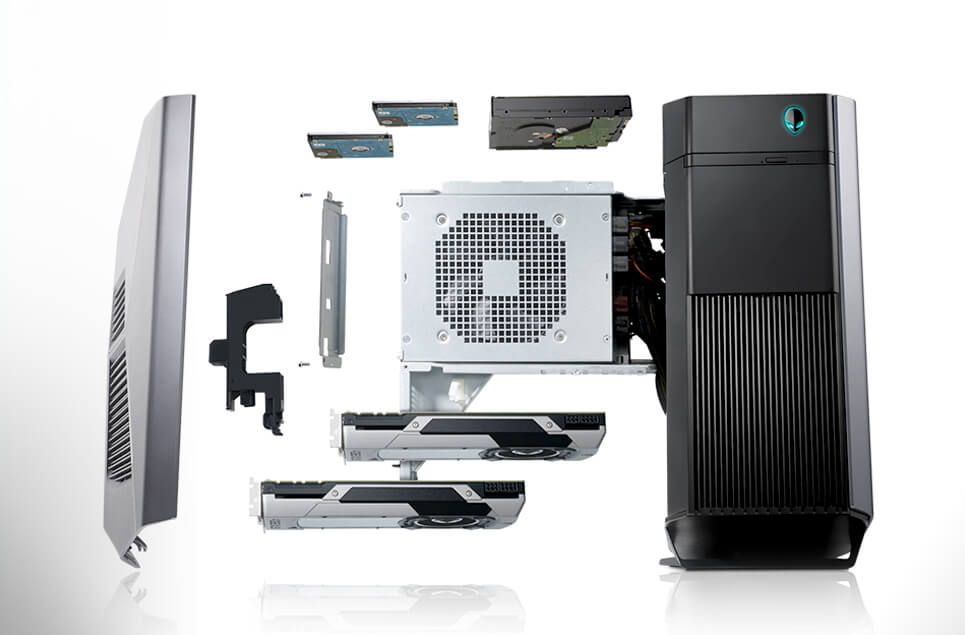
Having an idea in mind of what you're going to be using your PC for is a great way of sticking to your budget when shopping for something new. If you're going to be multi-tasking, you might need a bunch of RAM, but the desktop PC you're interested in only has a high-RAM configuration that also comes with a beefy graphics card (GPU) that you really won't utilize.
Sure, this is a single scenario, but overall you'll find it much harder to get exactly what you need if you decide to buy a pre-built PC. There are exceptions; Origin is known to offer some extensive configuration options, but then again you're paying a premium for the convenience.
Pre-built PCs are often harder to upgrade
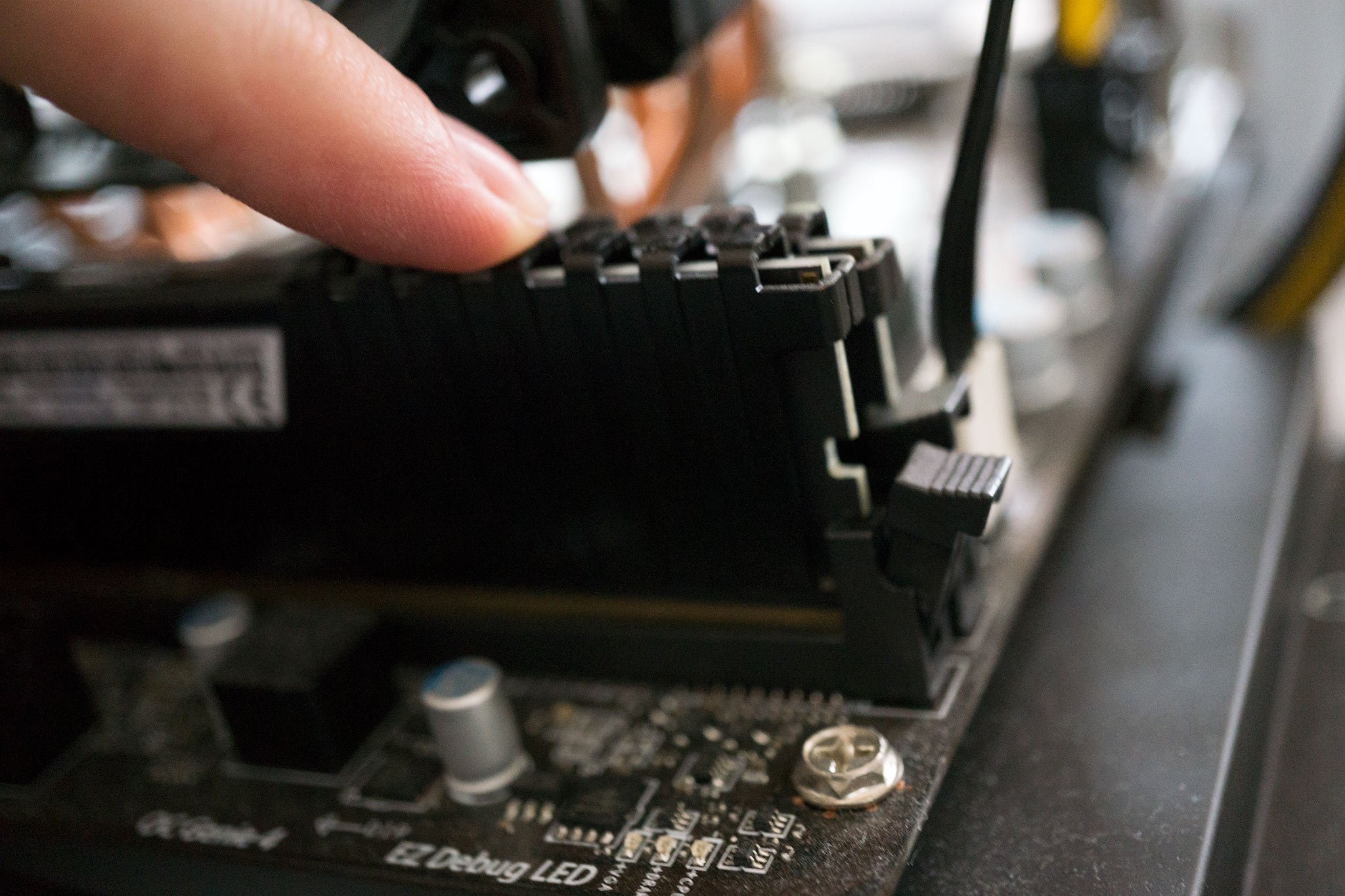
When buying a pre-built PC, it's never a bad idea to look to the future. How long do you want the PC to remain relevant? Are you prepared to buy something new when it becomes underpowered or no longer suits your needs?
Unfortunately, a lot of pre-built PCs are difficult — if not impossible — to upgrade down the road. Sure, you might be able to slip in another stick of RAM or a faster solid-state drive (SSD) depending on the PC, but overall you won't have the freedom to do as much as with something you build yourself. Likewise, due to the compact size of many pre-built PC towers, adding a best graphics card pick or a secondary storage drive, is not possible.
Why upgrading a budget PC yourself might not be worth it
One faulty part can bring down an entire pre-built PC
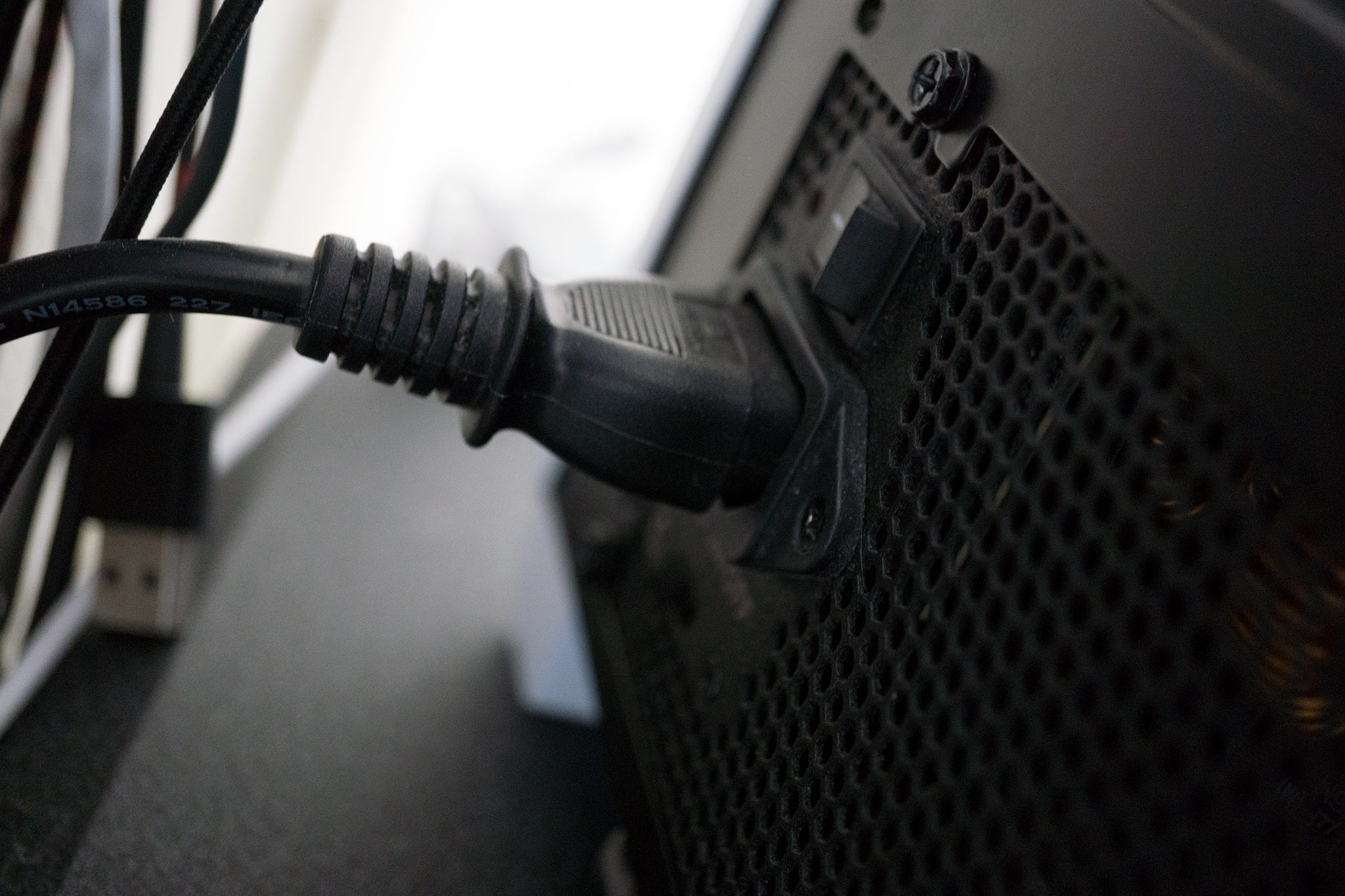
Those who build their own PCs usually have a pretty good idea of what a faulty part looks or sounds like. They might be able to diagnose an HDD that's on its way out just by the clicking it makes, or they might be able to pick up on symptoms of a faulty power supply unit (PSU) before it has a chance to do any serious damage to other hardware.
PSUs seem to have a bit of a bad reputation in pre-built PCs, and dealing with them often means you're sending away the entire unit to be repaired instead of just buying a new PSU and swapping it out. The same holds true for other hardware as well; it can be extremely frustrating knowing the source of your problem and wanting to fix it, only you can't because it would void a warranty.
What about gaming?
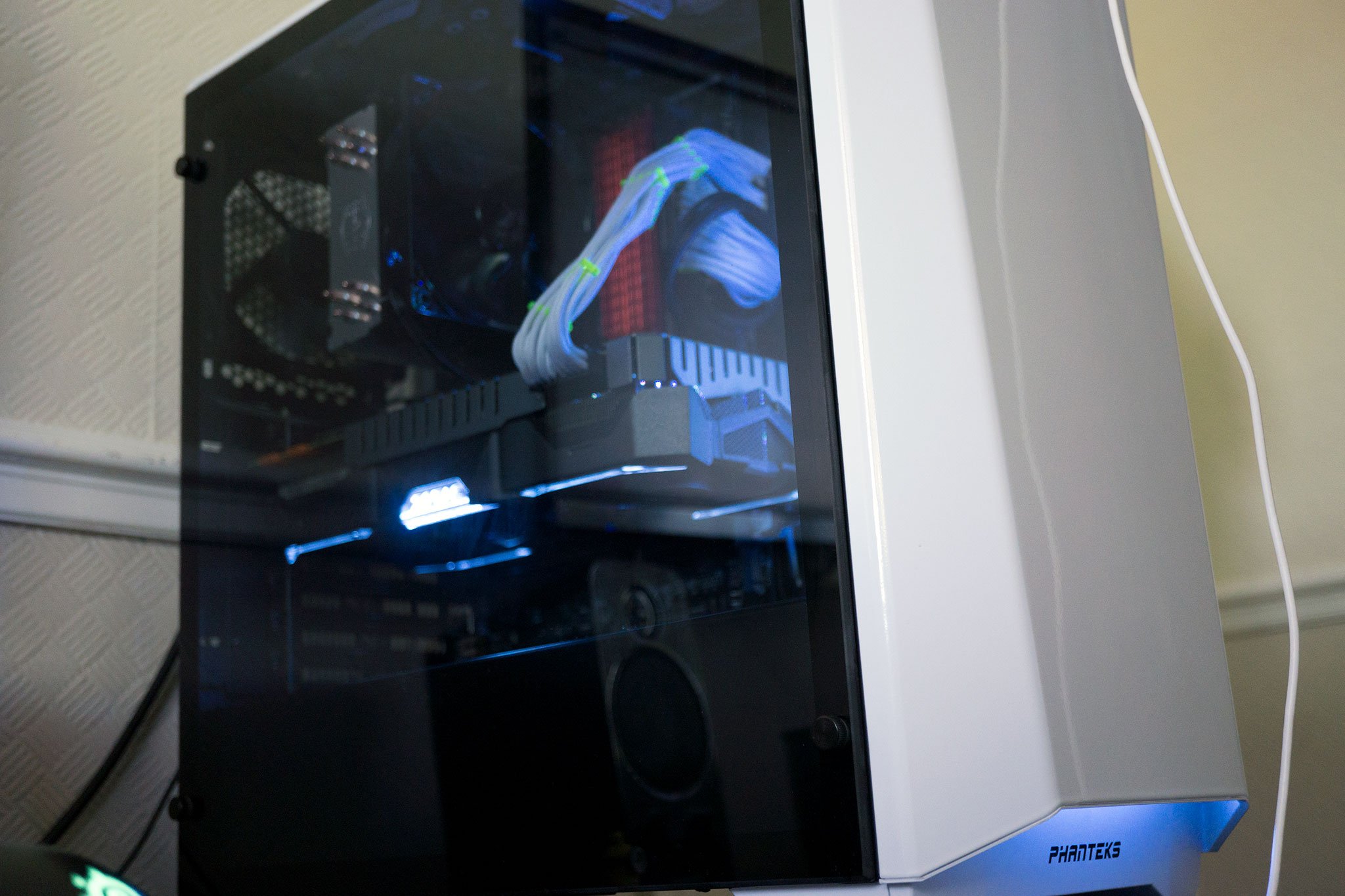
Gaming PCs, both custom- and pre-built, are a bit of a different animal, though all the benefits and downsides mostly still apply. While budget and medium-range pre-built PCs can be had for a reasonable and often competitive price, once you start looking at performance hardware, prices can get a bit silly.
Windows Central Staff Reviewer (and gaming PC guru) Rich Edmonds has built plenty of custom gaming PCs, and has this to say on the subject:
When it comes to gaming PCs, it's all about performance. Performance is key to the overall system and is always at the forefront of any gamer's mind. While a new owner of a pre-built PC may not push an unlocked Intel Core-i3 processor to its limit, running intense games would, causing quite the bottleneck when paired with a capable GPU.This is where custom PCs are generally considered to be the better choice for PC gaming, allowing you to not only save money — though prices of pre-built systems have come down — but also retain the ability to choose exactly what parts you need and easily upgrade in future.
While Rich primarily uses a PC he built from the ground up, I've been using a pre-built gaming PC for about a year, which is a big change from my usual collection of towers and parts lying around. The pre-built desktop in question is the ASUS ROG G20, designed as an Oculus-ready PC right out of the box. In my experience, there have been minimal issues with the machine, other than some random PSU issues that likely have to do with powering its own hardware as well as the stuff required for VR.
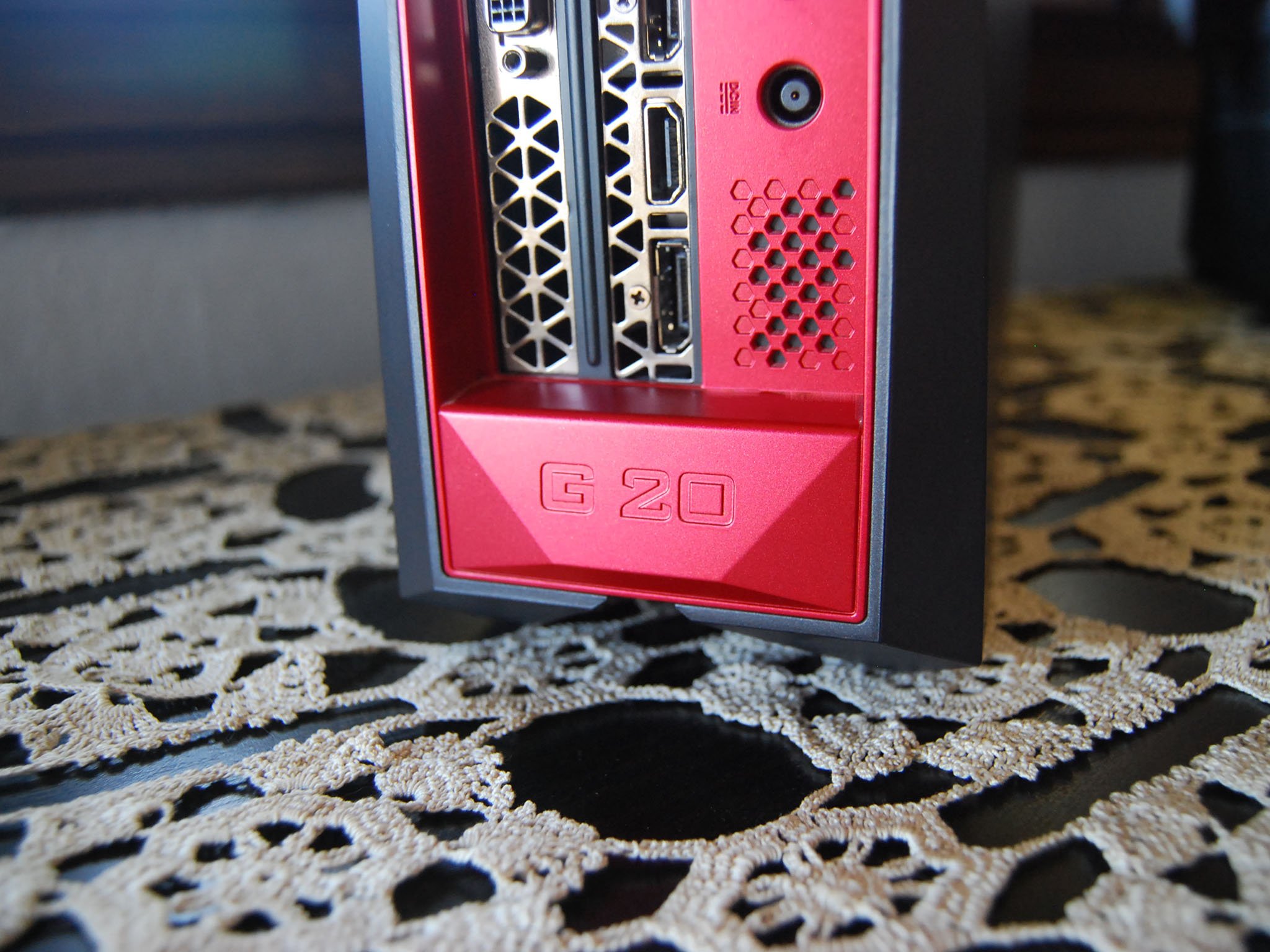
While it's been a mostly worry-free experience, the size of the case doesn't allow for the upgrades needed to keep it relevant, and cooling seems to be a bit of an issue, with no option to add any extra fans. The price is also pretty high; this PC sits at about $1,800, whereas you could no doubt build something similar or superior for hundreds less.
You can indeed find pre-built gaming PCs that have plenty of customization options and lots of room for upgrades — Alienware's Aurora is a perfect example — but again you run into an issue of spending more money for the same hardware.
What does all this mean? Pre-built PCs are a suitable option if you don't need anything that will blow the roof off performance-wise, whereas building your own PC can save you money in the long run when it comes to gaming. If you'd like to tackle building your own PC, we have an extensive guide that can help you every step of the way.
- How to build a PC: The ultimate step-by-step guide
- How to diagnose common problems with custom-built PCs
- Here's why you should build your next PC
- PC Building Simulator lets you build a custom rig without lifting a finger
- 3 easy-to-build mini PCs that can save you money
More resources
Still looking for some great pre-built PCs or more information on the topic? These links have what you need.
- Are pre-built PCs worth the extra money?
- Best pre-built desktop PC
- Best pre-built gaming PC
- Best barebones pre-built PC
- Best mini PCs
Updated March 6, 2018: I've updated this article to ensure you're still getting relevant information when shopping for a new PC.

Cale Hunt brings to Windows Central more than eight years of experience writing about laptops, PCs, accessories, games, and beyond. If it runs Windows or in some way complements the hardware, there’s a good chance he knows about it, has written about it, or is already busy testing it.
